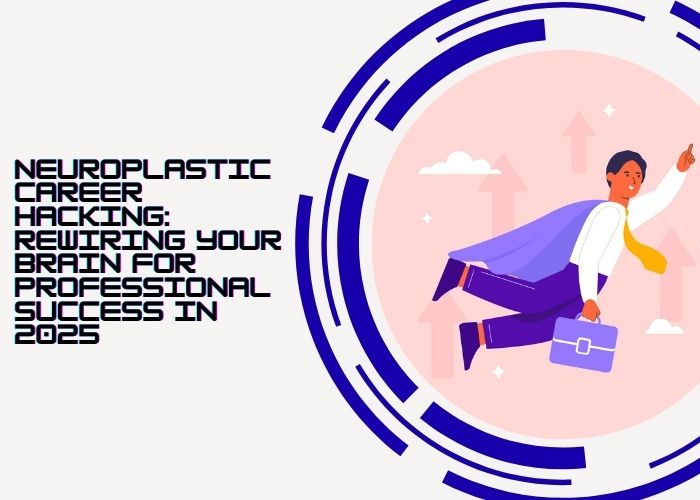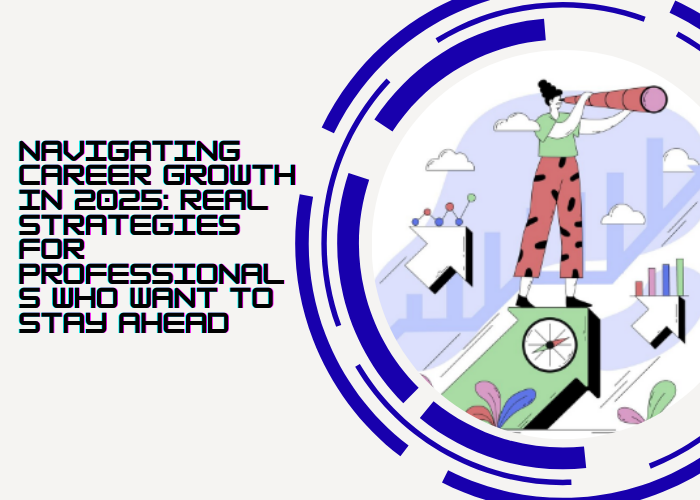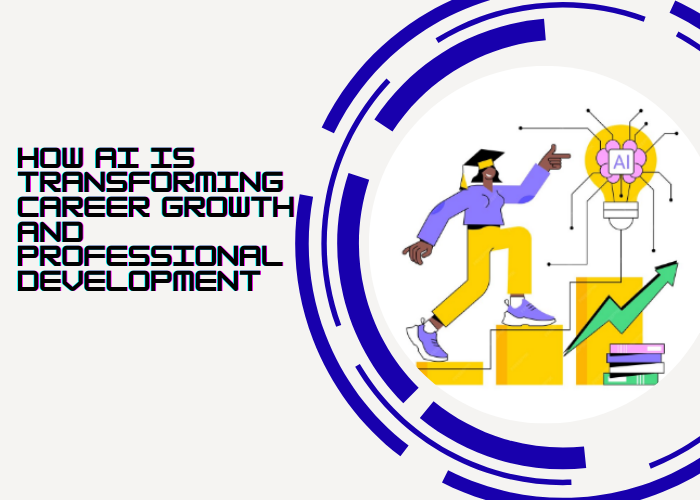How AI Is Transforming Career Growth and Professional Development
In today’s rapidly evolving professional landscape, Artificial Intelligence (AI) is no longer a futuristic concept—it is actively reshaping the way individuals approach career growth and professional development. From entry-level employees to seasoned executives, the ability to adapt to AI-driven tools has become a critical skill that can determine long-term success in nearly every industry. As companies increasingly rely on data-driven insights and automation, professionals must evolve alongside technology to stay competitive and relevant.
Personalized Learning and Skill Development
One of the most significant impacts of AI on professional development is personalized learning. Traditional training programs often adopt a one-size-fits-all approach, which can be inefficient and disengaging. AI-powered platforms can analyze individual learning patterns, career goals, and skill gaps to deliver tailored recommendations. This allows employees to focus on the most relevant courses, certifications, or micro-learning modules that directly enhance their career trajectory. AI-driven learning platforms can identify which skills are most in demand in a particular industry and suggest targeted upskilling opportunities, ensuring learning efforts are strategically aligned with market needs.
AI in Hiring and Career Advancement
AI is transforming the hiring and promotion process, making professional development more dynamic. Resume screening tools, virtual interviews, and predictive analytics enable employers to identify candidates who not only meet technical qualifications but also demonstrate adaptability and growth potential. For professionals, this emphasizes the importance of building a portfolio that showcases continuous learning and versatility. AI can also help identify internal mobility opportunities, guiding employees toward roles that match both their skills and career ambitions.
Enhanced Performance Management
Advanced analytics can track employee performance in real time, offering actionable feedback that goes beyond annual reviews. This continuous feedback loop enables professionals to identify strengths, address weaknesses, and adjust their development plans promptly. Additionally, AI-powered tools can simulate workplace scenarios, allowing employees to practice decision-making, leadership, and problem-solving in a risk-free environment, accelerating skill acquisition and building confidence.
Developing Soft Skills with AI
Soft skills are increasingly recognized as essential for professional advancement, and AI is playing a role here as well. Platforms that analyze communication patterns, emotional intelligence, and collaboration tendencies can provide personalized insights to improve interpersonal effectiveness. By integrating AI into soft skill development, professionals can cultivate a balanced skill set that combines technical expertise with human-centric capabilities, enhancing their overall value in the workplace.
Challenges and Considerations
Despite its many benefits, the integration of AI in career development also presents challenges. Privacy concerns, algorithmic bias, and overreliance on automated tools are issues that professionals must navigate thoughtfully. It’s crucial to use AI as a complement to human judgment, rather than a replacement, ensuring that personal goals and values remain central to career decisions. Organizations also have a responsibility to provide equitable access to AI-powered development resources.
Looking Ahead: Lifelong Learning and AI
Looking forward, the role of AI in professional growth will only expand. As industries evolve and new job functions emerge, lifelong learning will become the cornerstone of career success. Professionals who embrace AI tools for skill enhancement, performance tracking, and career planning are better positioned to seize opportunities and stay ahead in competitive markets. By combining human creativity, strategic thinking, and AI-driven insights, individuals can create a roadmap for sustainable career advancement.
Conclusion
AI is fundamentally transforming career growth and professional development. It enables personalized learning, enhances performance management, supports soft skill cultivation, and informs strategic career decisions. However, professionals must approach AI thoughtfully, balancing technological advantages with human judgment. Those who successfully integrate AI into their career strategies will enhance their marketability and unlock new opportunities for leadership, innovation, and long-term professional fulfillment. Staying proactive, embracing continuous learning, and leveraging AI intelligently are keys to thriving in today’s evolving professional landscape.



